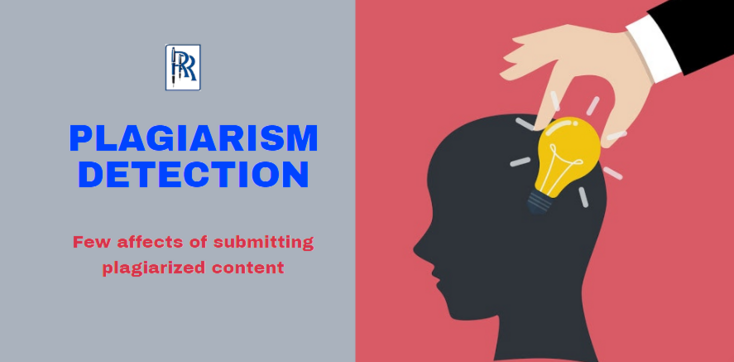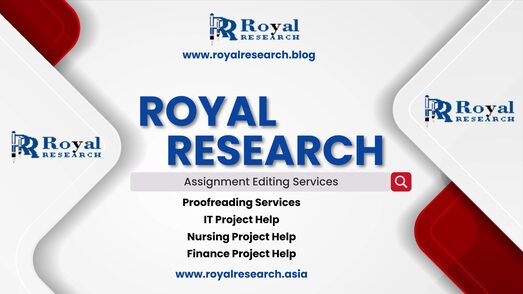
The act of academic theft or copying someone else’s idea and words and not acknowledging it is called plagiarism. What is it and what are the effects of submitting plagiarized matter has been discussed in the blog below.
When you are describing a certain product or certain theory, most of the time you go searching for material on the net or other resources like magazines, newspapers, books, journals and so on. While you are looking for the materials for your research, there are times, when you have, without your intention, copied some of the material from those resources. The academic world considers this as a serious academic crime and calls it by the name ‘Plagiarism’.
Plagiarism- an Academic Crime
Yes, plagiarism too is a crime and you can be even be expelled from your institution for copying someone else’s work and not acknowledging it. However, there are huge debates among the academicians, researchers and writers on where to draw the line between researching and plagiarizing. No matter what you say, you would have to use the idea or concept from some source. To ease this confusion, you need to know the conditions under which a work can be considered as plagiarized.
The Merriam-Webster dictionary has said, that “Plagiarism” means
- Stealing and passing off words or ideas of somebody else as their own
- Using someone else’s production and not giving credit to the source
- Committing literary theft
- Presenting an idea which is derived from an already existing source and original and new one.

Comments
There are currently no blog comments.